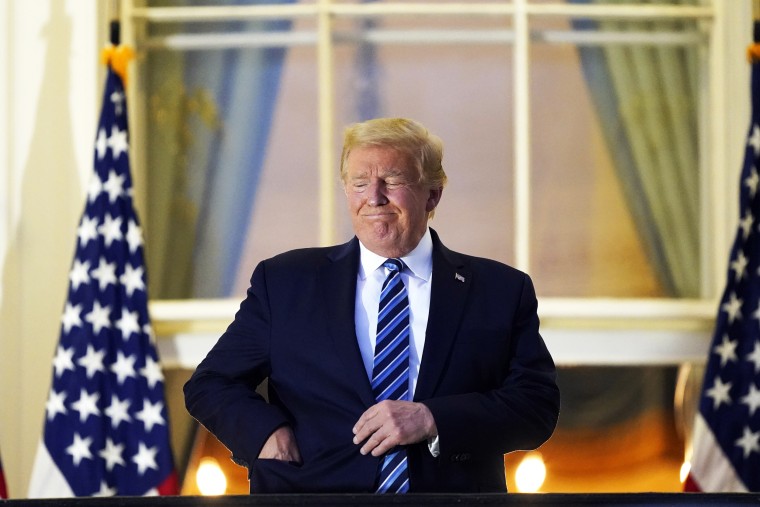A federal appeals court declined Wednesday to block a subpoena from a New York grand jury for several years' worth of President Donald Trump's tax records, a further legal setback in his efforts to keep his returns out of the hands of state prosecutors.
A three-judge panel of the Second Circuit Court of Appeals denied an effort by Trump's lawyers to have the subpoena tossed out on the grounds that it was too broad or was politically motivated and issued in bad faith.
"The President's allegations of bad faith fail to raise a plausible inference that the subpoena was issued out of malice or an intent to harass," the court said.
The president's lawyers will now likely ask the U.S. Supreme Court to block enforcement of the subpoena while they file an appeal. Manhattan District Attorney Cy Vance has agreed not to enforce it for now, giving Trump's legal team a chance to ask the justices for an order temporarily blocking it while the court decides if it will take up the appeal.
Vance is seeking eight years of tax returns for a grand jury investigation of hush money payments and other financial transactions.
The investigation began after it was disclosed that former Trump lawyer Michael Cohen paid Stormy Daniels $130,000 to keep quiet about her claim that she had an affair with Trump, an allegation he has denied. Cohen also told Congress that the Trump organization sometimes lied about its financial condition in order to evade taxes or obtain favorable loan terms.
In July, the Supreme Court rejected Trump's contention that a sitting president is immune from any part of the criminal justice system, including grand jury investigations. But its decision said he could make the same arguments anyone can in trying to defeat the subpoena.
In August, a federal district court judge in New York ruled against Trump's renewed effort to get the subpoena tossed out, describing the legal attack as merely a repackaged version of his original immunity argument.
Because of grand jury secrecy, Vance has not revealed exactly what his office is investigating. But he hinted at the scope of his work in recent court filings.
"The investigation concerns a variety of business transactions and is based on information derived from public sources, confidential informants, and the grand jury process" and could include falsifying business records, insurance fraud and tax fraud.


